Boston Mayor Wu's Property Tax Proposal: What It Means for Homeowners and Real Estate Investors
As a seasoned real estate broker in the Greater Boston area, I’ve seen firsthand how these market dynamics can affect both buyers and sellers. Mayor Michelle Wu's latest property tax proposal aims to address these concerns. Here’s what you need to know and how it could impact your real estate decisions.
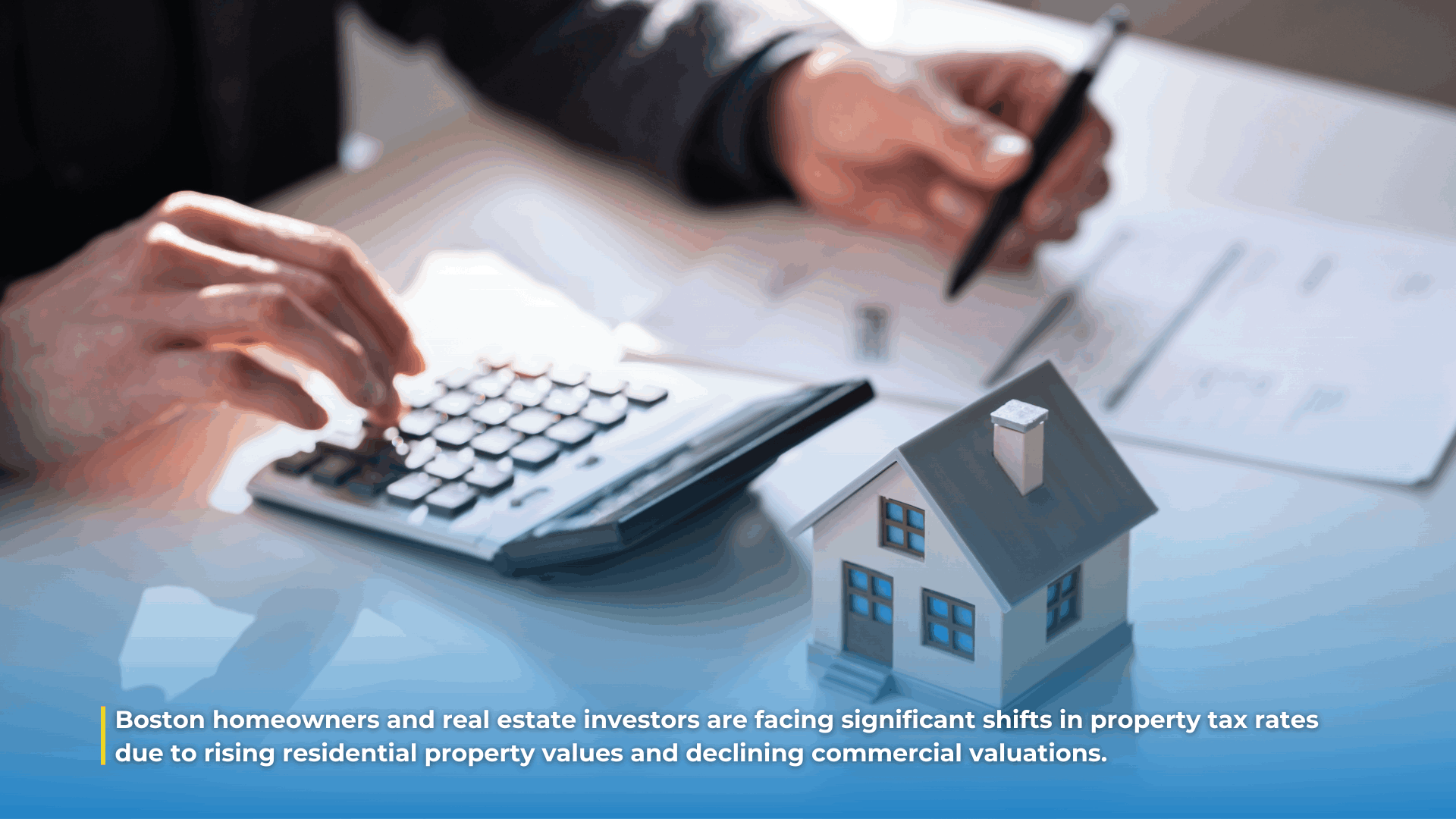
Understanding the Current Property Tax Situation
If you’re a Boston homeowner or planning to invest in the local real estate market, it’s important to stay informed about the changes in property taxes. Residential property taxes are projected to rise by 14% next year, driven by the increase in residential property values. This uptick is occurring as commercial property valuations decline due to high office vacancy rates and the ongoing shift to remote work.
Mayor Wu's Proposal to Shift the Tax Burden
To alleviate the burden on residential property owners, Mayor Wu has proposed a temporary increase in commercial property tax rates. The goal is to maintain a balance in Boston’s tax revenue—currently split 60% from commercial properties and 40% from residential properties. This proposal could prevent major cuts to city services while ensuring that homeowners don’t face drastic tax hikes.
Key Takeaways for Homeowners and Buyers
As someone actively involved in Boston's real estate market, here are a few important takeaways if you’re a homeowner, seller, or potential buyer:
- Residential Tax Relief: If this proposal passes, homeowners may see relief from larger tax increases. This is especially crucial for those on fixed incomes or considering downsizing in response to the market changes.
- Impact on Real Estate Investment: Investors looking at commercial properties might face higher taxes in the near term. However, with residential values on the rise, those investing in homes or multifamily units could benefit from price appreciation while keeping their tax burden manageable.
- City Service Stability: From a home buyer’s perspective, knowing that essential city services will remain funded can provide peace of mind when considering a move to Boston. It’s not just about buying a house—it’s about investing in a community where services like education, public safety, and transportation will continue to operate smoothly.
Potential Challenges: The Legislative Hurdles
Although Wu’s proposal has already cleared the Boston City Council and the Massachusetts House, it still requires approval from the Senate before the end of November. Delays in the Senate have led to a growing debate between Mayor Wu and Senate President Karen Spilka, with Spilka criticizing the proposal as poor public policy.
The uncertainty in the Senate means that homeowners could still face tax increases if the proposal fails to pass in time. These political challenges highlight the complexity of balancing Boston’s budget in a shifting economic landscape.
The Community’s Response and Alternative Solutions
Mayor Wu has been actively engaging the public through town hall meetings, explaining the necessity of this proposal to avoid placing the entire tax burden on homeowners. Many residents appear to support the plan, recognizing that the city’s changing commercial landscape requires creative solutions
However, some city leaders argue that the proposal unfairly pits residents against businesses. Critics believe that the city should explore alternative solutions—like reassessing how it funds public services—without overburdening one sector over the other.
What This Means for Your Real Estate Decisions
If you’re considering buying or selling a home in Boston, it’s essential to keep these tax changes in mind. For buyers, rising property taxes may impact your monthly housing costs. Sellers, on the other hand, should be aware of how these changes might affect home values and buyer demand.
As someone who’s been involved in Boston’s real estate market for over eight years, I’m here to help guide you through these complexities. Whether you’re a homeowner trying to understand how these taxes impact your property or a first-time buyer entering the market, this is a crucial time to consult with a real estate expert.
Conclusion: The Road Ahead for Boston Homeowners
Mayor Wu’s property tax proposal reflects the broader shifts happening in Boston’s real estate market. The rising residential values and declining commercial properties present challenges for city officials trying to balance the budget while keeping taxes fair.
For homeowners, this proposal may offer some relief from significant tax hikes, but the road ahead depends on political decisions in the coming weeks. Stay informed and reach out to me for expert advice on navigating Boston’s evolving real estate market.
Categories
Recent Posts
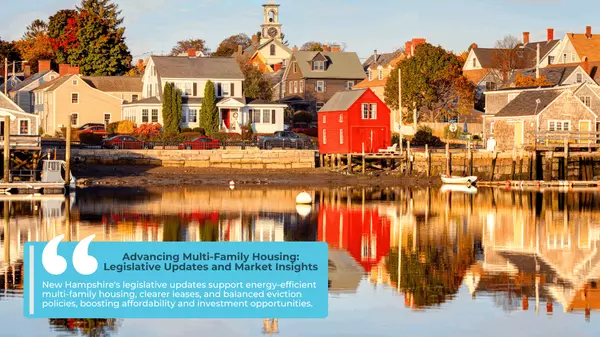
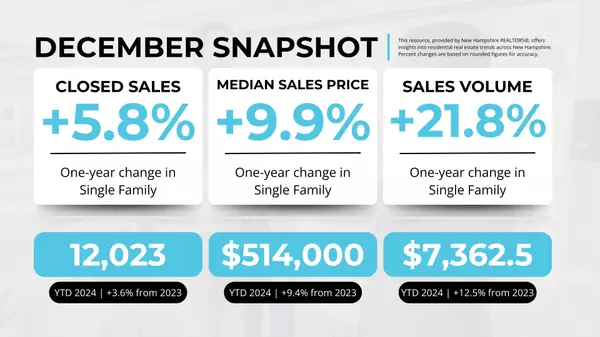
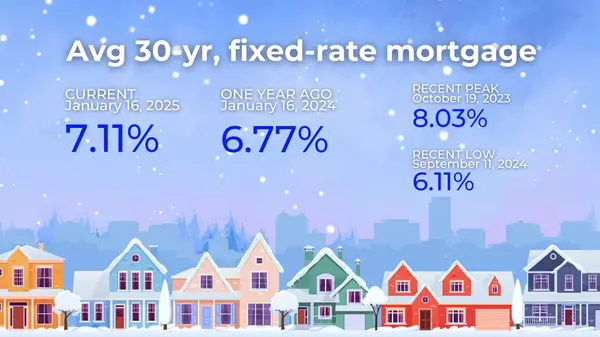
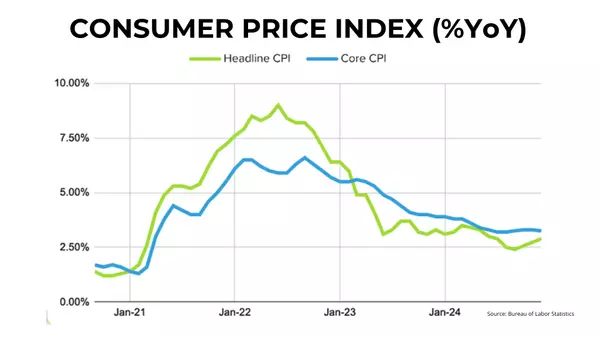
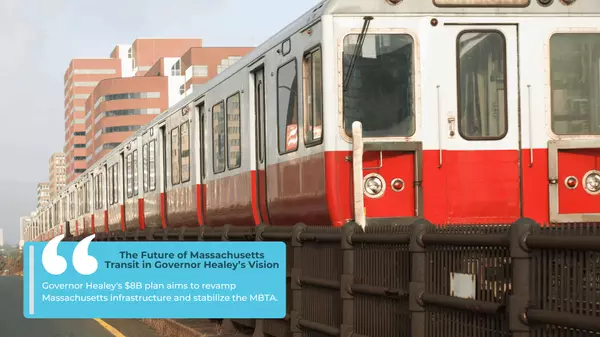
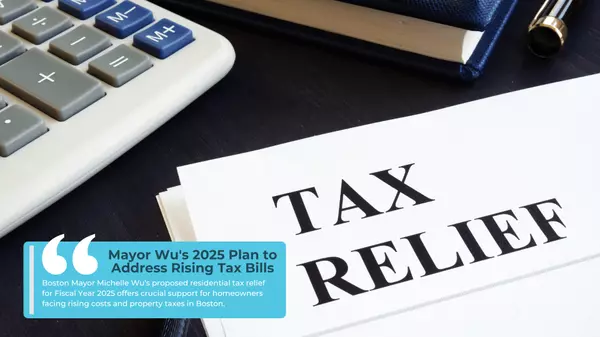
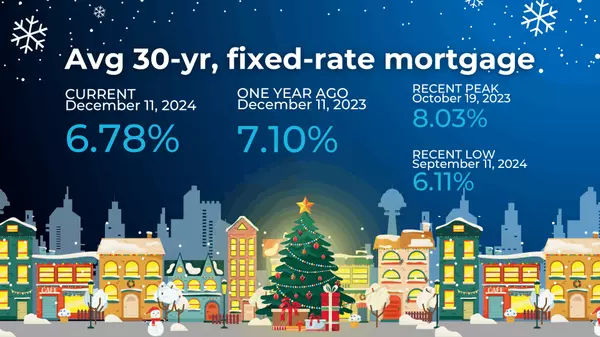
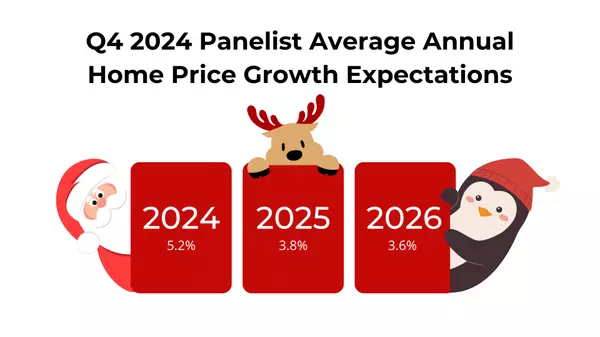
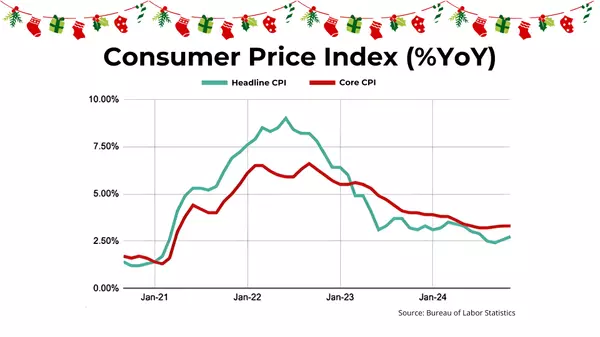
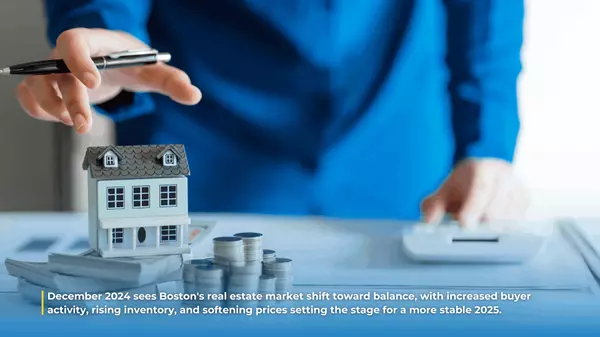
GET MORE INFORMATION

